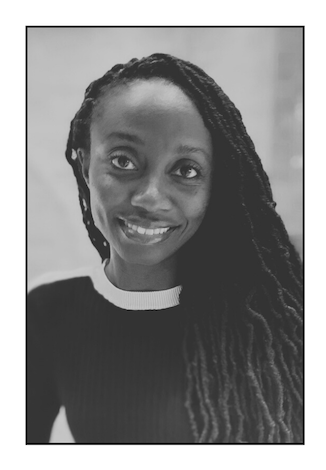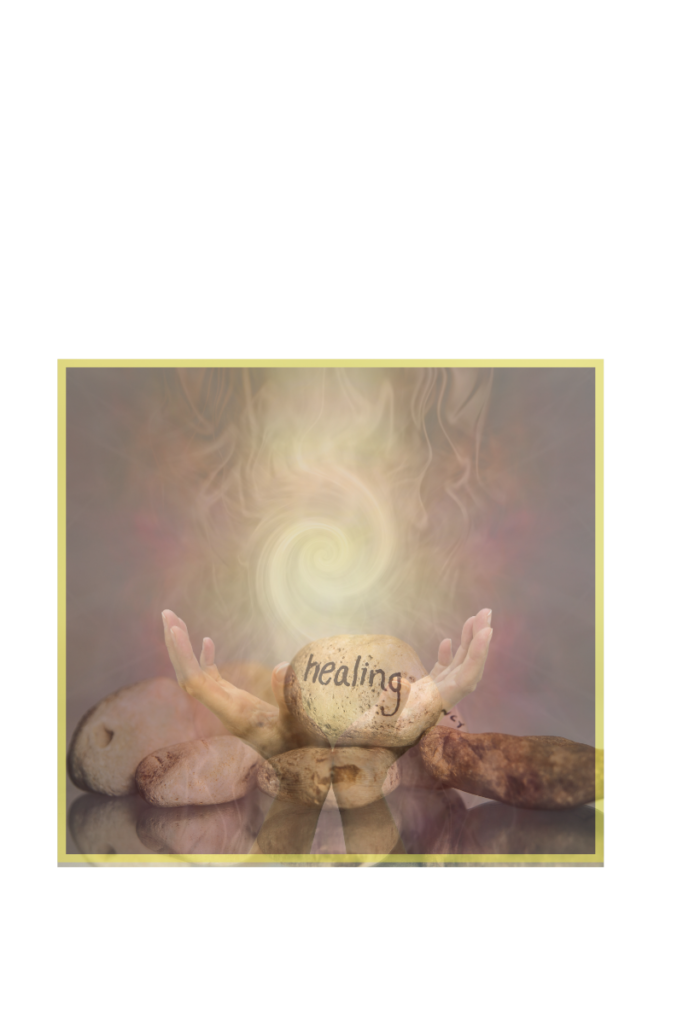

WOMEN'S HEALTH
08 October 2024
Healing is a multifaceted process that involves restoring our physical, emotional, mental, and spiritual well-being. It requires self-reflection, awareness, acceptance, and seeking support from others. It is a profoundly personal journey. So, when people struggle with healing, they are trying to force themselves into a process that was never theirs. So, what are some of those distorted healing phenomena that exist?
"Healing is a multifaceted process that involves restoring our physical, emotional, mental, and spiritual well-being."
It requires self-reflection, awareness, acceptance, and seeking support from others. It is a profoundly personal journey. So, when people struggle with healing, they are trying to force themselves into a process that was never theirs. So, what are some of those distorted healing phenomena that exist?
Expectations vs. Reality: Many of us can agree that there is a chance that our expectations are either unrealistic or high about how quickly healing should occur. When the process ‘takes longer than anticipated,’ we become frustrated and disappointed, even unjustly pathologizing ourselves.
Information Overload: Access to an incredible amount of information makes deciphering accurate and misleading information difficult. We comb social media to find someone we can relate to so we don’t feel isolated in our process. The thing is, we want validation that ‘the struggle is real.’
Commercialization of Healing: The wellness industry often commodifies healing, promoting specific methods, practices, or products as the ultimate solution. They have created an income avenue based on people’s desire to be ‘fixed quickly.’ This commercialization can obscure the nature of healing, making it seem like the process needs to be expedited.
Overemphasis on Positivity: There is a reason why the saying “too much of a good thing is bad.” Excessive amounts of something positive can have negative consequences. While positivity is generally beneficial, overemphasizing positivity can turn into denial or avoidance of negative emotions and experiences.
Cultural Beliefs and Societal Pressures: Whether people believe healing is a sign of weakness, quick recovery is a badge of honor, or are skeptics of professionals, the healing process can create a façade or an unreliable perception. It is essential to recognize that just because something is a ‘normal response,’ it does not make it functional.
The common denominator is that we are afraid to embrace vulnerability. Avoiding is always easier than leaning into our vulnerable feelings. To embrace vulnerability, acknowledge your feelings without fear of judgment or rejection, and express them to someone you trust. Be compassionate with yourself. Healing is never packaged in a luxury box.
